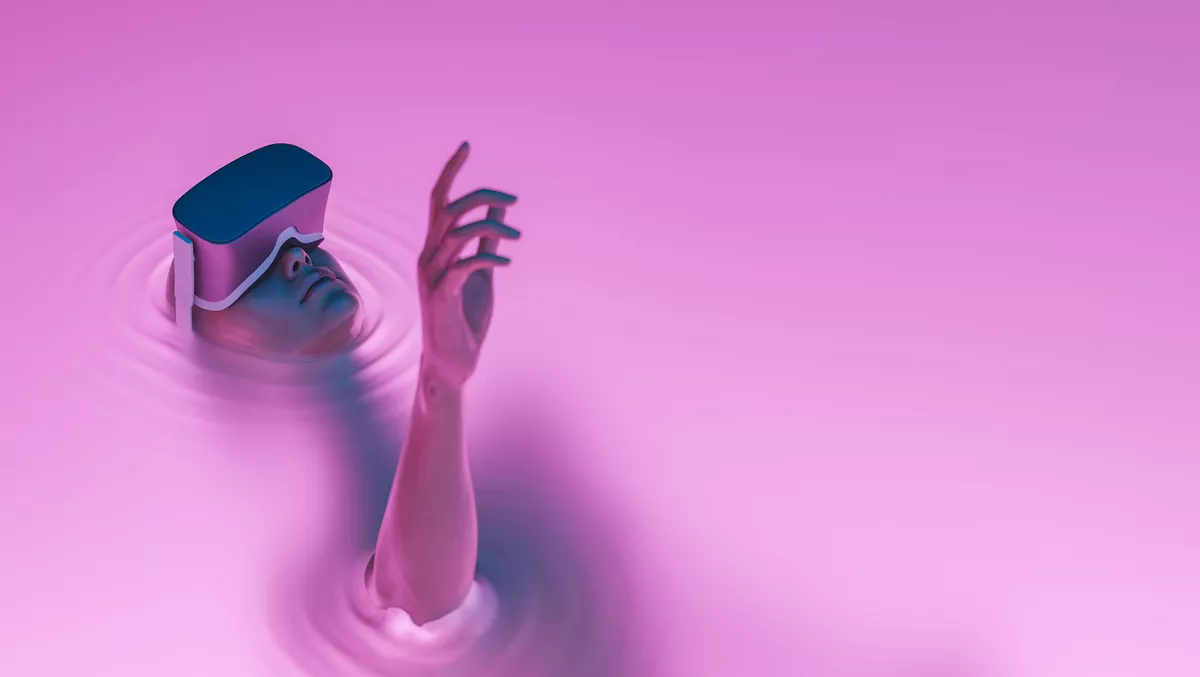
Kiwi tech founder pitching VR health tech startup at SXSW
Christchurch-based tech founder Adam Hutchinson has been selected to pitch oVRcome at the South by Southwest Festival in Austin, Texas.
The VR health tech startup aims to treat phobia and anxiety using virtual reality, and Hutchinson has recently used his tech to support New Zealanders with needle fears in preparing for vaccinations and in collaboration with psychologists to increase access to treatment.
SXSW (South by Southwest) Interactive is a prestigious conference celebrating innovation. While it started as a music festival, SXSW is now known as a launching pad and connection opportunity for artists, creators and technologists from around the world.
After two years of cancellations, SXSW will run as a physical event from March 11-20, 2022, and includes keynotes and performances from notable politicians, activists, filmmakers, and musicians, such as Grammy award winner Lizzo.
SXSW Pitch 2022 runs 12-13th March, and oVRcome will be featured in the Extended Reality and Immersives category alongside other VR products, as well as products using Extended Reality, augmented reality, and other visualisation technologies. oVRcome is also the only Australasian representative within this event.
Hutchinson will be presenting to a panel of industry experts, high-profile media professionals, venture capital investors, and angel investors.
"Eighty percent of people with an anxiety disorder receive no treatment," Hutchinson says.
"Our goal is to reduce barriers to access. South by SouthWest presents a great opportunity to build partnerships, showcase what we have built in New Zealand and scale our efforts globally. It is far too good an opportunity to miss!"
Hutchinson's opportunity to showcase his creation comes after a study conducted by the Otago University Mental Health Clinical Research Unit, Auckland Institute of Studies, Otago Polytechnic Auckland campus, and Xian Jiaotong-Liverpool University found that VR could be useful for treating anxiety.
The research examined the ways VR exposure and interventions have been used to treat mental health conditions, the technologies used, and how effective they have been as a treatment method.
The study was published in the Journal of Medical Internet Research (JMIR) Mental Health last year and received an article about its findings in Psychology Today.
The research team did a scoping review of articles published between 2017 and 2021 that looked at the use of VR as a treatment method for anxiety.
Most studies demonstrated the use of VR to be effective for supporting the treatment of anxiety in a range of settings and recommended its potential as a tool for use in a clinical environment.
The authors say the use of VR in mental health is an innovative field that holds a lot of potential and that it will be interesting to see where the field is heading.
This is particularly the case as standalone VR headsets are becoming more affordable, and some sets allow researchers to collect and interpret participants' physiological data.


